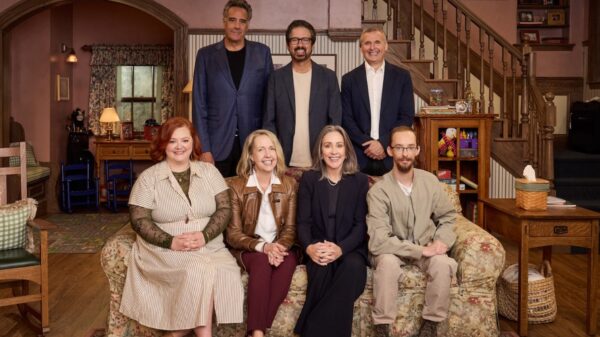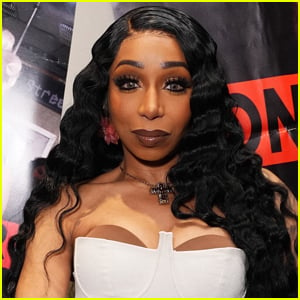Tiffany “New York” Pollard, known for her impactful presence in reality television, has shared her evolving thoughts on gender identity. In a recent interview with Pink News, the 43-year-old star expressed that the non-binary label resonates deeply with her personal experiences and feelings.
Pollard emphasized her connection to non-binary identity, stating, “I really do resonate with non-binary because I feel like we are so dual without even recognizing it.” She elaborated that her gender expression varies, noting, “Some days I may feel a lot more masculine and sometimes I’m super feminine, and that’s OK.” This perspective aligns with the definition provided by GLAAD, which describes non-binary as a gender identity that exists outside the traditional categories of “man” and “woman.”
In addition to her reflections on non-binary identity, Pollard also discussed her queer experiences. She recalled her first kiss with a girl during junior high, describing it as a significant moment that felt right. “It had to happen at some point,” she remarked, highlighting the importance of embracing one’s identity. Pollard continued, “You gonna come out of that closet and once you do it’s like, ‘OK, wow, this world is open to me in new ways and sweetie, shoving me back in the closet is never going to be an option.’”
Pollard’s candid insights not only shed light on her personal journey but also contribute to the broader conversation about gender identity and expression within the LGBTQ+ community. Her statement reflects a growing recognition of non-binary identities in society, encouraging others to embrace their authentic selves.
As discussions surrounding LGBTQ+ identities continue to evolve, Pollard’s openness serves as a reminder of the importance of representation and acceptance. With her platform, she hopes to inspire others to explore their own identities without fear.
In 2025, Pollard’s statements may resonate even further as more individuals come out and share their stories, fostering an environment of understanding and inclusivity. As society progresses, the visibility of non-binary and queer identities is likely to play a crucial role in shaping future conversations on gender and identity.








































































